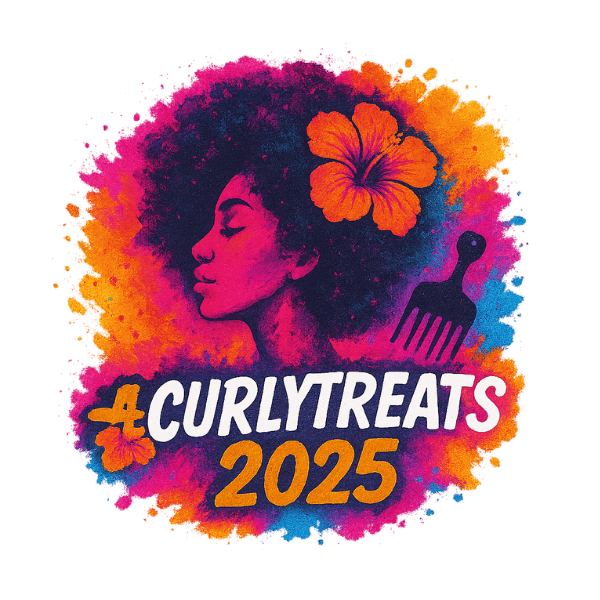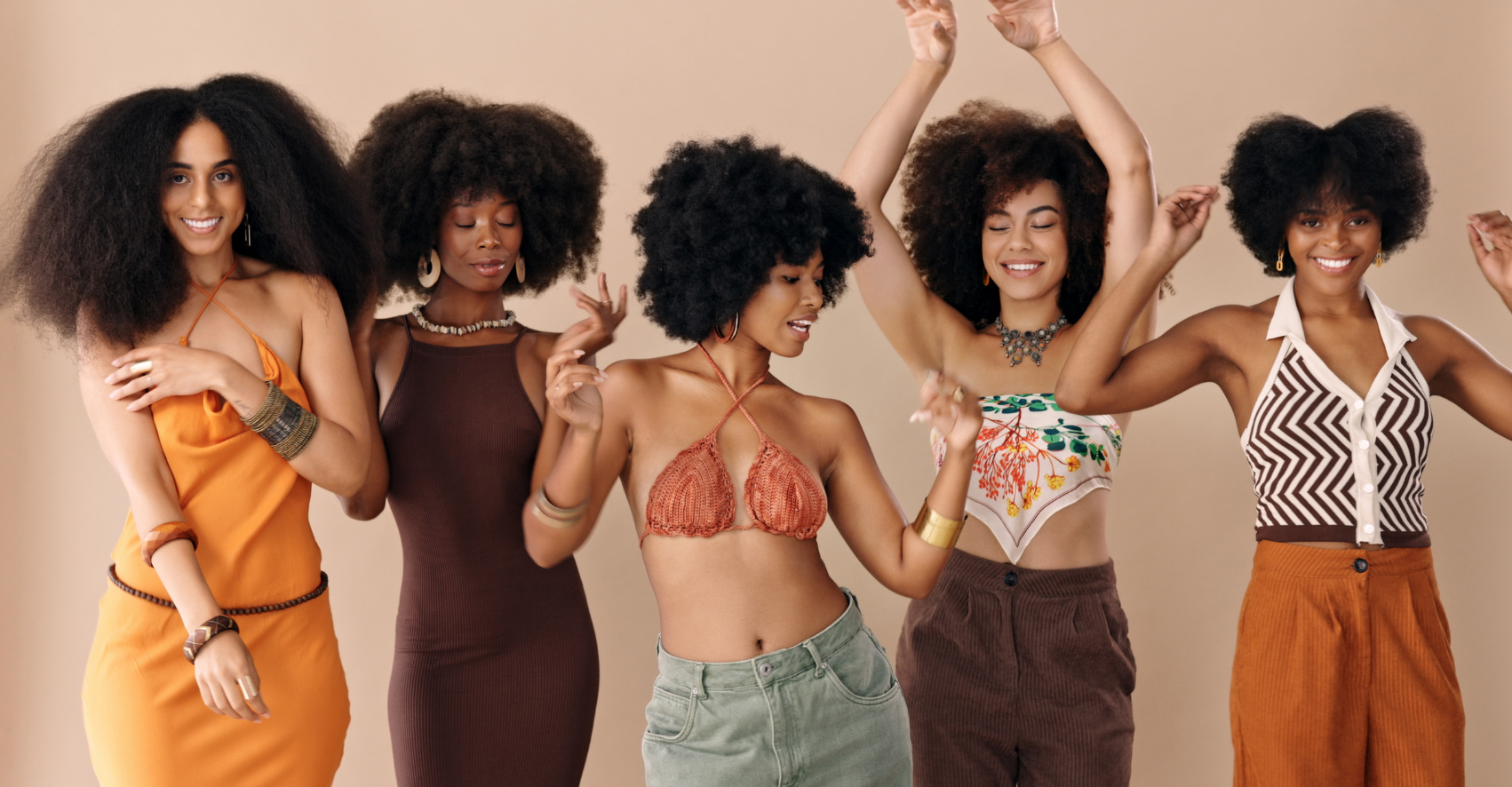Ever picked out your curls with a wide-tooth comb that looked like a crown? You were holding more than just a styling tool - you were holding history.
The afro comb has been around for thousands of years, but it’s always been more than something to detangle hair. It's a cultural heirloom, a political symbol, and a powerful piece of Black identity. From African royalty to the Black Power movement, to TikTok hair routines - the afro comb has never gone out of style or meaning.
The roots: afro combs in ancient Africa
Afro combs have been in use for over 5,500 years. Archaeological finds from Kush and Kemet (now Sudan and Egypt) reveal wooden, bone, and ivory combs buried with their owners — proof that hair was sacred, and so were the tools used to style it.
- Hand-carved symbols – combs were engraved with patterns showing tribal identity, rank, fertility, and even protection
- Spiritual meaning – in many African traditions, hair was the highest point of the body and seen as a spiritual gateway
- Social communication - hairstyles were used to express age, marital status, and clan
These weren’t basic grooming items. They were art. They were legacy. They were power.
Disruption and survival: slavery, erasure, and resistance
During the transatlantic slave trade, Black hair became a target. Enslaved Africans had their heads shaved - a calculated move to strip them of culture and identity.
- Forced head shaving – a psychological tactic to erase lineage and self-worth
- Afro hair demonised – seen as "unprofessional", "wild", or "dirty" under European beauty standards
- No access to tools – people had to create combs from wood, metal scraps, and even animal bones
But traditions didn’t vanish — they adapted. Braids became maps for escape. Grooming became a way to hold onto humanity. And even without access to traditional combs, the knowledge of how to care for afro hair was passed down in whispers, rituals, and resistance.
The afro comb becomes political
By the 1960s and 70s, the afro comb took on new life during the civil rights and Black Power movements in the US and UK. The raised fist afro pick shaped like a clenched Black fist became a wearable protest.
- A badge of defiance – wearing a pick in your hair meant pride, not apology
- Visible identity – afros weren’t just a style - they were a statement against assimilation
- Design meets politics – the comb itself became art, protest, and pride all in one object
These combs were often made of plastic, with handles shaped like power fists. People wore them in afros at protests, photo shoots, and even in courts and parliaments. The message was loud: “I love my hair, and I love who I am.”
Windrush, racism, and the afro comb in the UK
When Caribbean migrants arrived in Britain during the Windrush era (1948–1971), they brought their hair practices with them but faced harsh realities.
- Discrimination in jobs and schools – natural hair was labelled “untidy” or “unprofessional”
- No access to products – afro combs were hard to find; many had to import them or create their own
- Pressure to conform – straightening hair with relaxers or wearing wigs became survival tools
Still, the afro comb remained part of everyday life. It was passed between aunties, cousins, and barbers - a quiet but steady act of cultural protection.
Activism and the Halo Code: the fight isn’t over
Afro hair discrimination still exists — but Black British communities have been pushing back. In 2020, the UK introduced the Halo Code — a campaign created to protect Black hairstyles in schools and workplaces.
- Halo Collective - an alliance of students, parents, and educators fighting for hair freedom
- Schools that sign the code – commit to not punishing students for afro hairstyles
- Representation in law – hair discrimination is increasingly being called out as racial discrimination
The afro comb has stayed relevant through every step from a styling staple to a legal symbol of equality.
Afro combs in pop culture
The afro comb shows up everywhere - music, film, art, fashion. It’s part of our story.
- Film – from Shaft and Malcolm X to Black Panther, the pick is worn like a crown
- Music – afro picks in hip-hop album covers and videos have been a staple since the 80s
- Fashion – designers have incorporated afro combs into jewellery, accessories, and even catwalk looks
- Social media – creators on TikTok and Instagram use afro combs in styling routines, reminding the world that natural hair is power
Evolution of the comb: materials and meaning
From carved wood and bone to injection-moulded plastic, afro combs have changed - but their meaning hasn’t. Whether it’s a £2 comb from the beauty shop or a handcrafted piece on display in a museum, the purpose is the same:
- to detangle and define afro hair
- to connect us to our roots - literally and culturally
- to resist standards that were never made for us
Final thoughts
The afro comb has never just been about hair. It’s about legacy. It's about power. It's about pride. Across generations, it has been held, worn, hidden, displayed, banned, celebrated, and now reclaimed.
Whether it sits in your curls, your bathroom drawer, or your grandma’s memory box - it stands for every fight, every celebration, and every curl that refuses to shrink itself for acceptance.
The afro comb isn’t just a tool. It’s a statement. Always has been. Always will be.


